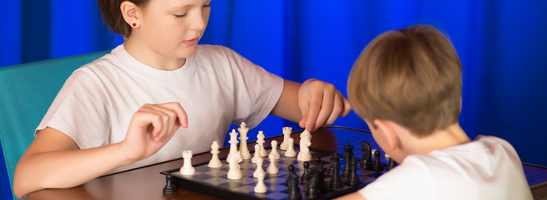Today, I approach the closet I have been dreading, for there, perched on the shelves are the games my family has played for years. These aren’t digital games, though we have not been opposed to some of those when alone. But these are games I can actually touch and hold in my arms. I can hear the laughter and shrieks when someone won, or lost.
These games brought us together during holidays, as homework breaks, on weekends, during boredom, and even illness. These games hold a bit of our treasured past.
We are getting ready to move across country, from Tennessee to Virginia, and armed with Marie Kondo’s The Life-changing Magic of Tidying Up: The Japanese Art of Decluttering and Organizing, I have been sorting and letting go of belongings to downsize and make the move less costly. I’ve easily gotten rid of old clothes. It was harder to let go of books, but I did that too.
Now I have come to the games. I put it off until last.
As a teacher, games were vital to my classroom organization. I might not get brownie points from the anti-reward folks, but games helped me survive as a teacher.
On Fridays, if my students had done their work and not broken my three rules, respect yourself, respect others, and complete assigned work, games were on the menu.
My students were diagnosed with learning disabilities, but no matter what learning difficulties they had, they learned how to play a mean game of chess. That game carrot at the end of the week was a powerful motivator. I rarely had a student not participate. There were other games too.
But chess was the favorite. My students would keep track of the winners and sit and eagerly observe the players awaiting their turn. I had about 5 boards set up. No matter the successes or failures during the week, games brought us all together.
My students didn’t complain when I suggested a class group game either. I’d throw out the boards in the games and create a relay of Tribond or Blurt. Sometimes I made up games.
All of these games taught academic skills—vocabulary, spelling, memory, math chief among them.
But more importantly, they taught socialization—nuanced skills so often forgotten but critical to maturation.
Attention, limitations, taking risks, prediction, organization, fair play, and just plain good nature—games are life. These games taught how to win gracefully and lose by letting others keep their dignity.
I remember how my students would root for the underdog. Students who came into my class with anger towards others would mellow a bit. They’d sometimes even encourage others.
And while I know that the digital game enthusiasts brag about teaching through online games, and such games can be played alone, there is something about the socialization that takes place with real games that can’t be compared.
Video games for the whole class to play come with a high and unnecessary price tag. And digital games that communicate with someone someplace else may have some kind of advantage but it isn’t personal—not really.
Board games involving even just two students bring kids together. What teacher or student-led games teach is how to get along—the way to mingle. It tempers the loud mouth kid and brings out the quiet child.
But mostly games are just good fun. This is truly the most important thing about games. There’s nothing wrong with fun. In fact, here’s the secret today’s education reformers don’t seem to understand.
Fun is what keeps kids in school.
I find it quite sad that digital gaming has pushed away the old games and the socialization that comes with it.
I open the door to my closet and stare at Mousetrap and Pretty Princess—Chutes and Ladders, Clue and Monopoly. And there I see our more recent favorite game—Scattergories. Some games I must keep and others I will let go.
But no one can take the memories of what those games gave and continue to give us.
Digital games just don’t have that same effect.

Leave a Reply